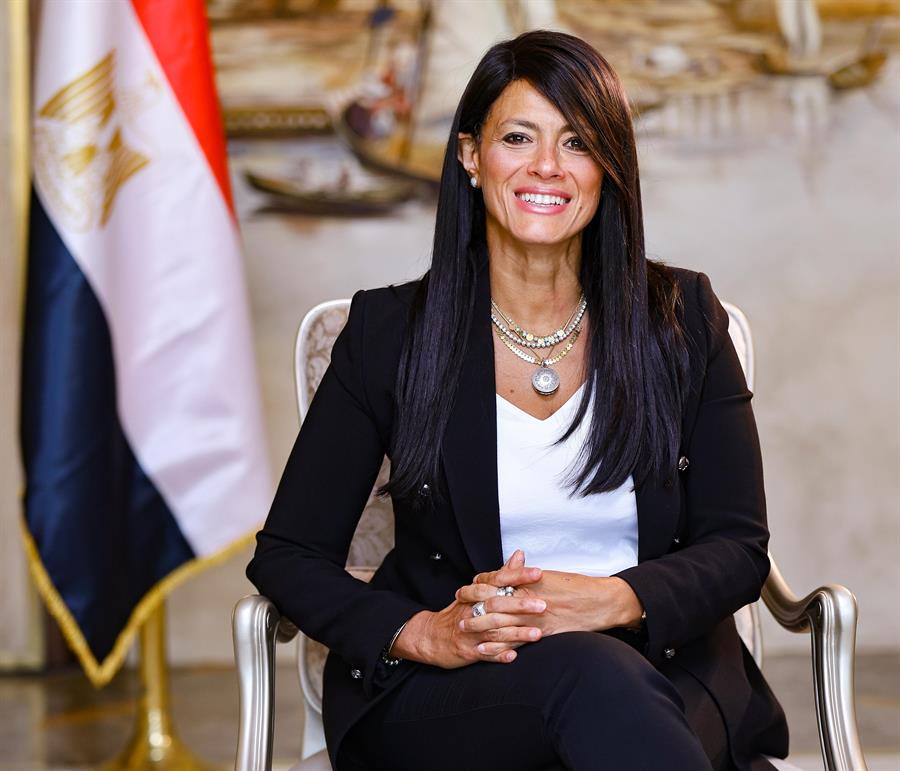Egypt’s NIGSD signs MoU with Synerjies Center for International & Strategic Studies on cooperation in the field of governance and sustainable development

11 August 2021
The National Institute for Governance and Sustainable Development (NIGSD), the training arm of the Ministry of Planning and Economic Development, represented by Dr. Sherifa El-Sherif, Executive Director of the Institute, signed a memorandum of understanding with the Synerjies Center for International & Strategic Studies to enhance cooperation in the field of governance and sustainable development.
The signing of the aforementioned MoU came in the context of the interest in cooperation between think tanks, research, and studies concerned with governance affairs and supporting public policy-making processes based on the foundations of rational leadership.
After the signing, Dr. Sherifa El-Sherif, Executive Director of NIGSD said that the institute is entrusted with monitoring and following up on Egypt's status in the indicators of governance, competitiveness, and sustainable development, and developing a national strategy and a national action plan to improve it in coordination with various units.
She indicated that NIGSD aims to develop national cadres, provide advisory services and training to private institutions, and carry out research activities, statistics, opinion polls, and surveys to enhance national knowledge in the field of governance, competitiveness, and sustainable development, in partnership with relevant national, regional and international research institutions.
El-Sherif explained that the areas of cooperation between NIGSD and Synerjies Center for International & Strategic Studies following the memorandum of understanding include joint support for the process of monitoring, follow-up, and evaluation of Egypt's position in international and regional indicators of governance, competitiveness, and sustainable development, in addition to cooperation in formulating national indicators for governance, competitiveness and sustainable development and in the related research, advisory and training fields.
For his part, Mr. Khaled Mohamed Ali, Director of the Synerjies Center for International & Strategic Studies, indicated that the center aims to support governmental and international institutions in Egypt and the Arab region in the process of decision-making and decision-making through strategic consultations, research, and information support, and capacity building.
Khaled Mohamed Ali explained that the center works primarily in the areas of macroeconomics, sustainable development, public policies, international relations, and digitization, and provides a wide range of solutions from dedicated support teams to projects, consultancy, papers, and research customized as needed, in addition to training courses specifically designed for diplomats and government officials.









